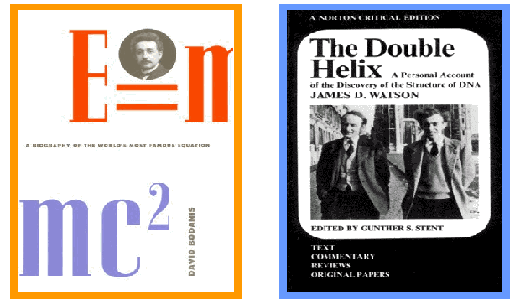The basic laws (Murphy’s and Sod’s)

Less important laws
They stand like cynical sentinels at the gateway to every undertaking: laws more fundamental to our day-to-day existence than any scientific law worked out by Galileo or Newton or Einstein. The disheartening laws of Murphy and Sod. When things go wrong, anywhere in the English-speaking world, we are likely to invoke one of them.
Two names for the same law?
Some people think the two are the same. They are actually different, and spring from quite different ways of looking at the world.
Murphy’s law is the simpler, and can be put directly into words: “If it can go wrong, it will.” Sod’s law is more complex, and is best defined by examples.
Sod’s law
You care about your garden. You see that your flowerbeds are dry, and you put in a lot of time with hose and watering can. Hardly have you finished the work before there is a thunderstorm: the rain buckets down.
Or: you are a married woman, and you take the risk of going out with another man. Who should you meet at the discreet bar that you have picked out but the one person who is bound to say something to your husband?
An ultra-simple example from my own life. A friend and I were working as film extras and had to be up before dawn. We walked through dark deserted streets to the coach stop. In twenty-five minutes not a car passed. The coach stop was on the other side of the last street. At the instant we were about to cross the road, a car came along, and we had to wait.
It is clear from these examples that sod’s law is to do not just with things going wrong, but with the ironies of fate. ‘Life’s little ironies’, as Thomas Hardy called them. And in fact Hardy’s novels can best be read as illustrations of the inexorability of sod’s law.
Murphy’s law
It may be more obvious now that the two laws spring from different world-views. Murphy’s law is clearly American. It may have got its name from a real person—a Captain in the USAF—or from a character in the science-fiction novels of Larry Niven, or from a character in educational comics put out by the US Navy in the Second World War. Most likely, none of these, and it doesn’t matter. It is American in its relative simplicity—and in the fact that it has a positive corollary.
If things only go wrong when they can, you can make sure they don’t. Obviously, if things can’t go wrong, they won’t. Murphy’s law becomes an incitement to be more careful: a forceful, energetic, Yankee take on things.
Sod’s law is quite different. My guess is that its origins are English or Irish. It is essentially fatalistic. Sod’s law will operate however careful and energetic you are. The best any of us can do is put up with things—preferably with a wry smile.
Another victory for the USA
People go on talking about ‘the West’, as though we were one society, or one civilisation. The events of September 11th help foster this myth, since the Europeans who died can easily be seen as part of the same society as the (many more) Americans. The truth is that the West is already two societies, and one is the stronger. American ideas are flooding Europe, and will prevail.
In other words, we will all end up paying lip service to Murphy’s law. (But of course. That’s sod’s law.)

The article